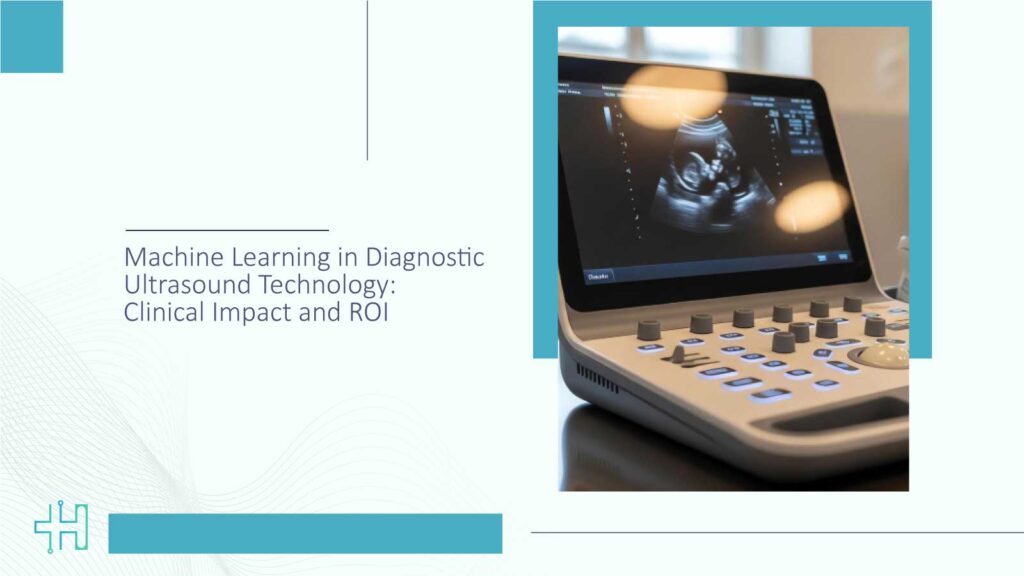Majority of individuals polled reported tardive dyskinesia negatively impacts their day-to-day ability to function, including individuals living with mild or moderate uncontrolled movements
Neurocrine Biosciences, Inc. announced the release of findings from a new survey conducted by The Harris Poll highlighting the profound negative impact of tardive dyskinesia on patients and reinforcing the need for routine screening, earlier diagnosis and treatment. The findings revealed that 80% of people living with tardive dyskinesia surveyed wished they had been screened for the condition earlier, and 86% wished their provider had discussed available treatment options for their uncontrolled movements sooner.
Health Technology Insights: Rajant Health Secures Patent for Breakthrough Motion Artifact Removal Technology
The survey results come during Tardive Dyskinesia (TD) Awareness Week, May 4-10. Established in 2018, TD Awareness Week is dedicated to raising awareness about the physical, social and emotional effects of TD, as well as the importance of routine screening to promote earlier diagnosis and treatment. There are at least 800,000 adults in the United States affected by TD, yet an estimated 60% remain undiagnosed.
Health Technology Insights: Early Detection of Lymphedema in Breast Cancer Care
The survey included a total of 150 patients in the United States aged 18 years and older who have been diagnosed with TD by a healthcare provider. Participants self-reported the severity of their TD movements, with 75% of respondents reporting that they had mild to moderate uncontrolled movements. Findings reinforce the significant negative impact TD has on patients’ daily lives, even among those with mild to moderate involuntary movements.
“These findings highlight the significant daily challenges faced by people living with tardive dyskinesia,” said Eiry W. Roberts, M.D., Chief Medical Officer, Neurocrine Biosciences. “This underscores the importance of regular screening to detect the condition early, ensuring patients can receive appropriate treatment for their involuntary movements, which often cause functional impairment, emotional distress and social difficulties.”
Health Technology Insights: Relief Mental Health Marks Month with Fast, Innovative Care
To participate in our interviews, please write to our HealthTech Media Room at sudipto@intentamplify.com
Source – PR Newswire







